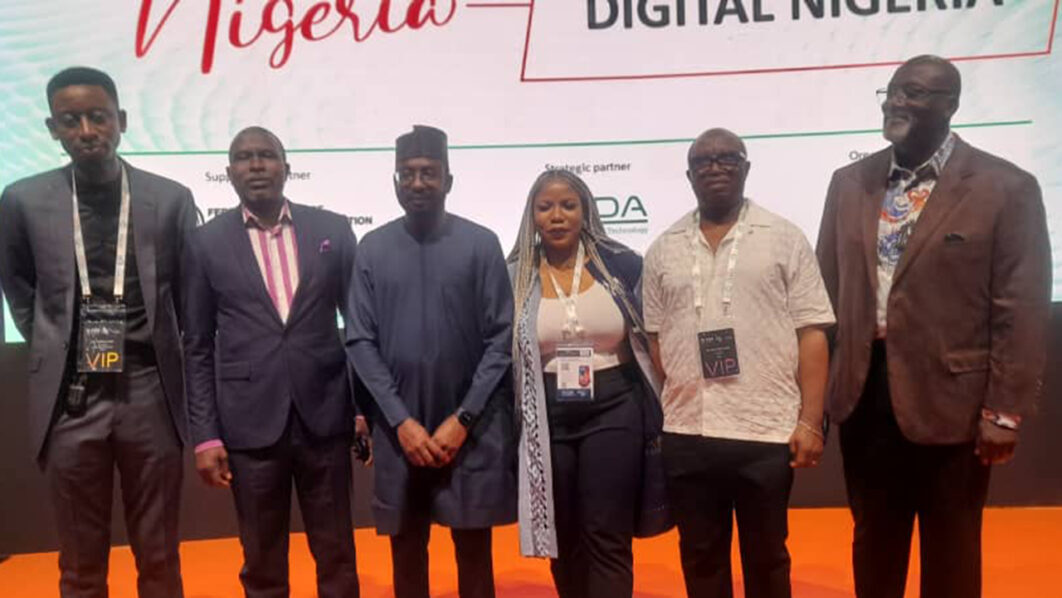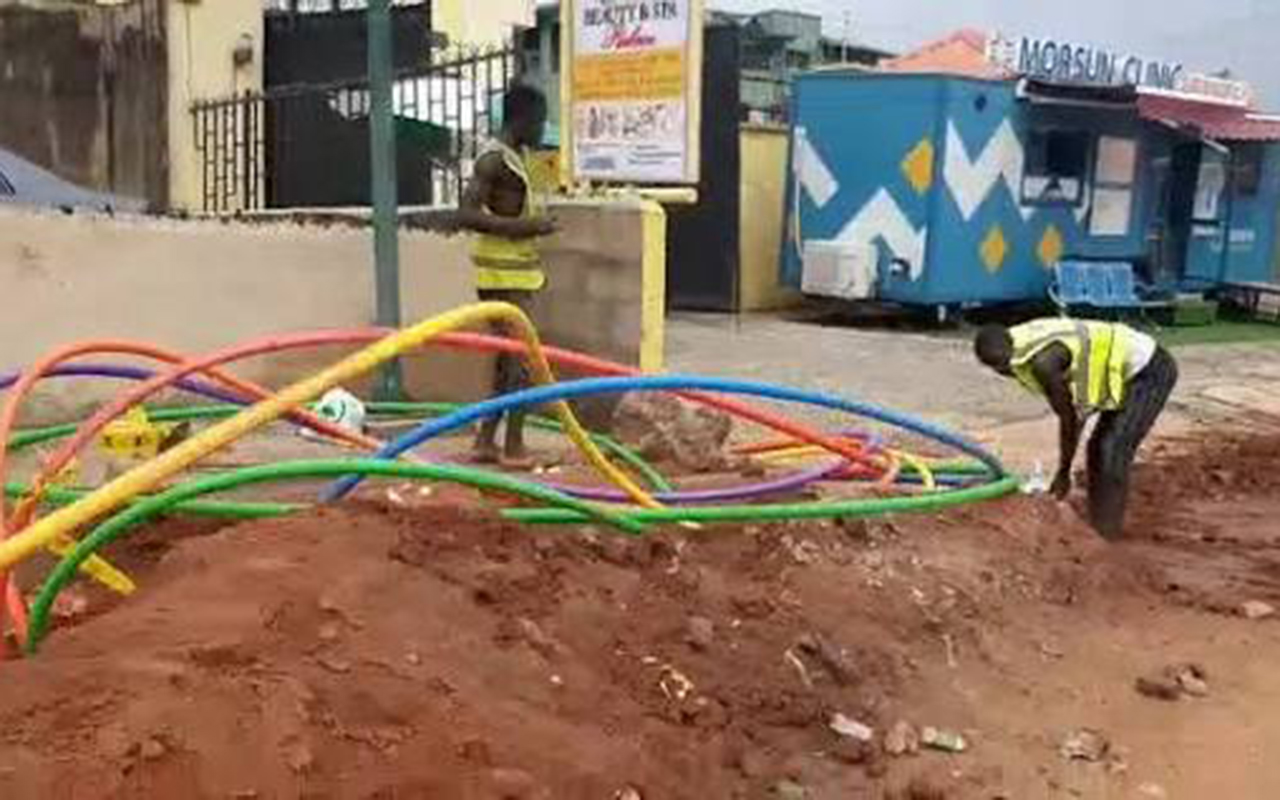
A regional startup has expressed optimism about the Nigerian market, hoping to establish its presence with its products and services. Speaking with The Guardian at the ongoing GITEX Global Technology Expo and Exhibition in Dubai, the United Arab Emirates (UAE), the firm hopes this happens soon.
Zambian fintech and neobank, Lupiya, said it hopes to explore the Southern African and West African markets, especially Nigeria. Co-founder and CTO of Lupiya, Muchu Kaingu, said Nigeria has vast opportunities and potential. He said Lupiya, which was founded in 2016, works to bridge the financial inclusion gap by offering easy-to-use, technology-driven financial solutions to the unbanked and under-banked populations in Zambia.
Being among firms pitching at GITEX, Kaingu said Lupiya has successfully secured new funding to scale operations in its home market, and new ones and is currently targeting regional expansion.
Kaingu said, “Basically, we are using AI and digital technology to separate ourselves from traditional lenders such as banks and multinational financial institutions (MFIs). On our platform, you can get a near-instant credit decision.
“We leverage over 200 data points of alternative data to arrive at a credit score. We have been growing through the years. We started with $500. You can imagine the lessons learnt since then. We have raised over $14 million to date. We also have notable investors.
“When Kamala Harris came to Africa, she couldn’t leave until she saw us, this speaks to the kind of work we do for the greater good.” He said the firm will, this year, raise a series A amount of $10 million in addition to what it got last year. Lupiya clinched $50,000 for the top spot at the GITEX Africa Supernova Challenge during Morocco’s GITEX Africa 2024 in May.
MEANWHILE, the Founder and CEO of Robotics and Artificial Intelligence, Nigeria (RAIN), Dr Olusola Ayoola, said the firm is a research and training facility that helps to bring AI and robotics knowledge to the workforce in Africa.
Ayoola, who said the firm also builds products for organisations that need to solve local problems in Africa, disclosed that the firm has been in existence for about five years now and has produced about 200 certified AI and robotics developers, who are also in other parts of the world.
According to him, AI deployment in the region should be locally driven to meet the specifics of the area, saying data collection, and harnessing among others must start from the locals.
With the hope of a franchise, he said the film hoped to replicate some of its inventions in other countries. He said the brand has worked with Nile University in Egypt, the U.S. Embassy, and United Nations among others. He said the brand will fly if more people are willing to get the products into their communities.
According to him, the field where RAIN combines both software and hardware, saying not many challenges as per software “but hardware is very difficult, where many people have been avoiding because of the needed infrastructure (facilities, equipment, components among others).”
“There is also a need for constant power. Most of these hardwares are imported from China. You know the state of importation in Nigeria now, especially with the fluctuating foreign exchange regime,” he said.
He said the firm is not relying on the government for funding, “but rely on customers that need these values. We are doing well because government agencies have identified with us, NITDA in particular, UNDP and the Nigerian government to build solutions in the areas of agriculture, health care and security.
“We can say the government should provide money. What the government can do is to give us exposure and make the environment more conducive. We appreciate the Startup Act, so, what we need is to raise the business side of it,” he said.
Ayoola said the belief is that soon, the government would have built the landscape, which prevents the importation of hardware and others from China and other countries, stressing that those in the Aba ecosystem should be encouraged to do more with tech products, including batteries among others. He said the government can help by making sure that the entire supply chain is localized.
The Co-founder and Chief Executive Officer, Agrovesto, Bayo Adewoye, said the firm is a digital and agro tech company that connects smallholder farmers to market, supporting them with access to high-quality inputs and finance.
Adewoye said after harvests, these farmers are connected to both local and international markets through the firm’s digital platform.
He disclosed that currently, the firm has about 10,000 smallholder farmers across five states in Nigeria on its platform.
According to him, Agrovesto, which was registered in 2021, has been able to partner with the Japan International Corporation agency, which has helped to build digital solutions, helping to solve some identified problems on a large scale, “which is one of the reasons we are in Dubai GITEX Global”.
He noted: “We want to expand our services to other African countries. We are looking for more opportunities through investors to expand and the like. We shall be showcasing our innovation to the world for them to know that good things can come out of Nigeria and Africa.”
He called for more support from Nigeria for startups, saying the challenges are still huge, ranging from lack of infrastructure, poor information management, marketing opportunities and others.






